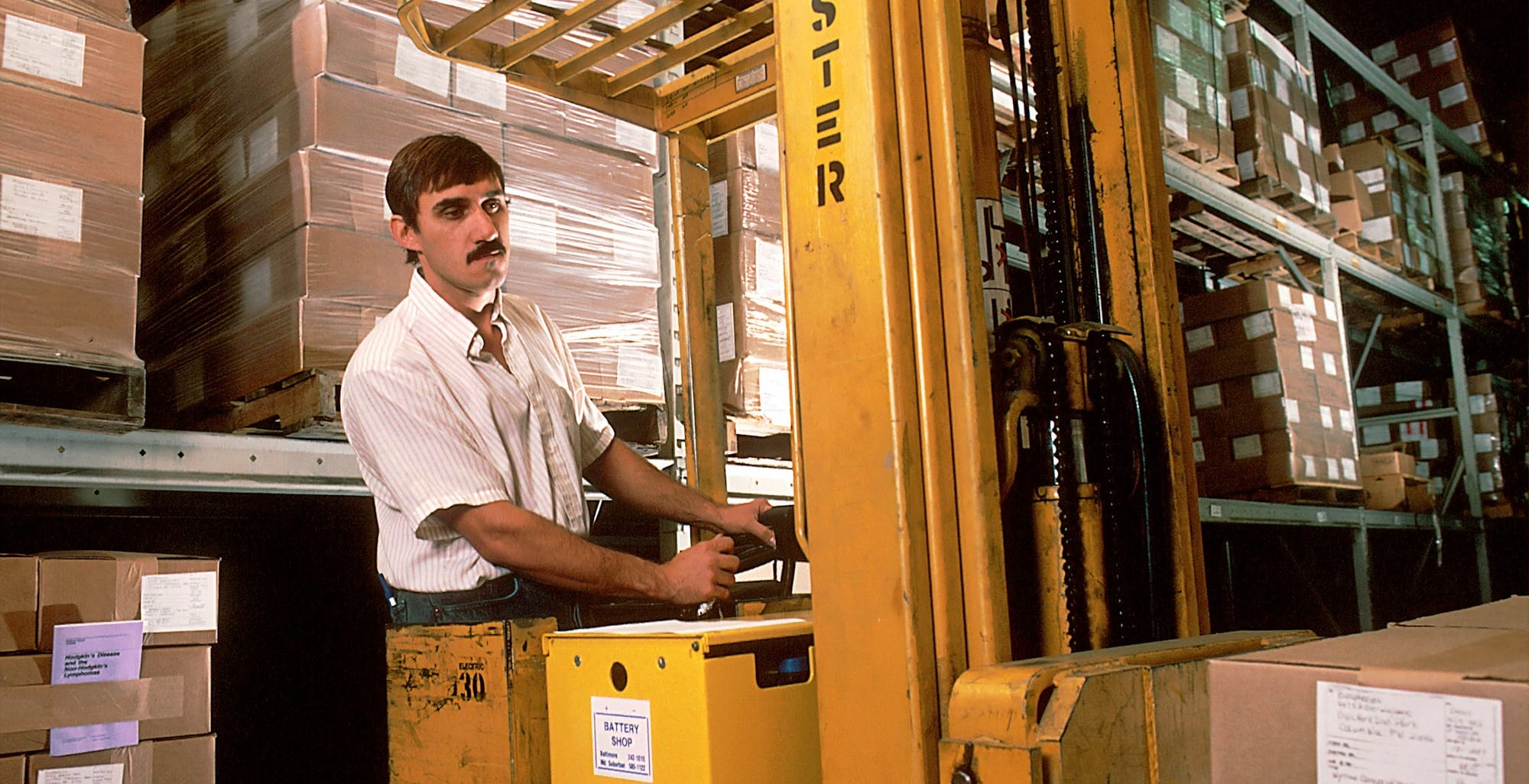These roles demand precision and efficiency, making them crucial for operational success. Warehouse jobs offer diverse opportunities, from entry-level positions to managerial roles.
Introduction to Warehouse Jobs
Warehouse jobs are vital cogs in the machinery of the supply chain. From receiving shipments to ensuring timely dispatch, those involved in warehouse roles keep the wheels of commerce turning smoothly. The scope of responsibilities is diverse, covering areas that range from logistics and inventory management to the physical handling of goods and collaboration with technology. In essence, these positions are the backbone of any efficient warehouse operation, ensuring that products move seamlessly from point A to point B.
Whether you are a seasoned professional or contemplating entering the field for the first time, warehouse jobs offer an array of opportunities that cater to various skills and interests. Positions such as warehouse associates, inventory managers, and operations supervisors each bring unique sets of challenges and rewards. These roles often provide a hands-on work environment, promoting teamwork and problem-solving as you contribute to the larger goal of keeping the supply chain efficient and effective.

Physical Requirements for Warehouse Workers
Warehouse workers need to be physically fit and capable of handling various physical duties. These roles often involve significant amounts of walking, lifting, and moving products, which can sometimes weigh up to 50 pounds or more. Regular activities might include bending, stooping, and standing for extended periods, making stamina and strength vital attributes. Workers must also be adept in the use of equipment such as forklifts and hand trucks, which requires a good level of coordination and manual dexterity.
Aside from basic physical strength, safety and alertness are crucial. Employees are often required to follow strict safety protocols to prevent injuries, such as wearing appropriate protective gear and maintaining a clean, organized workspace. Training on proper lifting techniques and safe operation of equipment is essential to mitigate risks. Given the demanding nature of the job, taking regular breaks and staying hydrated are important to maintain peak physical condition and ensure consistent productivity.
Career Growth in Warehouse Jobs
Career growth in warehouse jobs is a dynamic and promising field. As the backbone of the supply chain industry, warehouses require a wide range of skills, from basic manual labor to advanced inventory management. Starting from entry-level positions like warehouse associates, with the right attitude and ongoing training, workers can transition into roles such as shift supervisors, inventory coordinators, and logistics managers. Each step up the ladder brings increased responsibility and the opportunity to develop leadership skills, strategic planning abilities, and specialized knowledge in areas like inventory technology or automated warehousing systems.
Additionally, the increasing adoption of high-tech systems in modern warehousing presents an array of new job roles and specializations. For those interested in technology, roles focusing on warehouse design, data analytics, and process workflow optimization are burgeoning sectors. Employers value staff who show initiative in learning and implementing new systems, as they can drive significant improvements in efficiency and cost-effectiveness. Whether you're starting fresh or looking to elevate your current role, the diverse opportunities presented in today’s warehouses offer a sustainable and rewarding career path.
